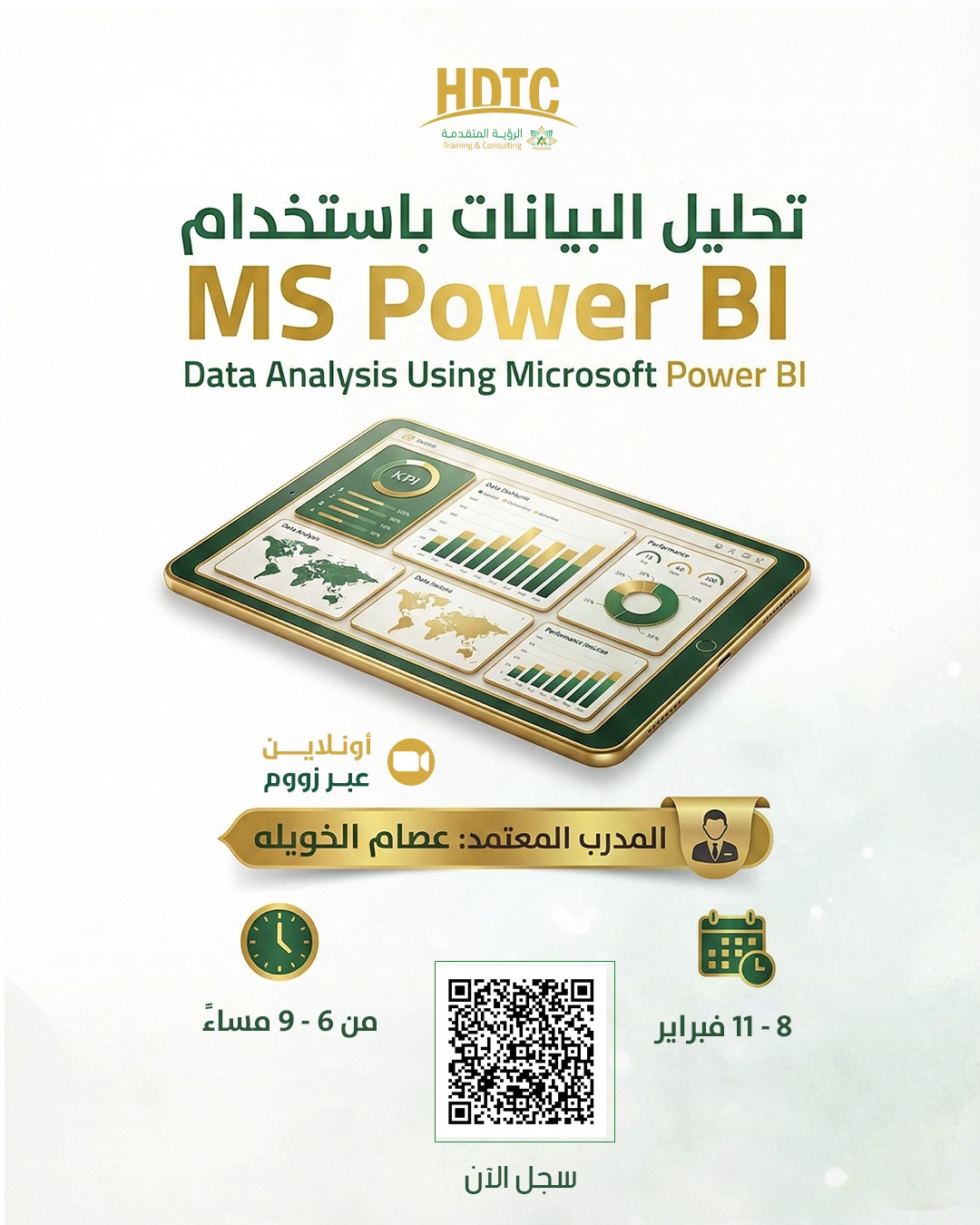- Understand database types and structures.
- Recognize standards and commands.
- Run scripts for data and data systems.
- Explain the impact of programming on database operations.
- Understand database planning and design.
- Implement, test, and deploy databases.
- Monitor and report on database performance.
- Understand common data maintenance processes.
- Understand governance and regulatory compliance.
- Secure data.
- Secure data access.
- Secure the database and server.
- Classify types of attacks.
- Plan for disaster recovery.
- Implement backup and restore best practices.
- Database Fundamentals: Understand database structure types while developing, modifying and running structured query language (SQL) code, providing the groundwork to gather, store, and drive data assets on any operating system.
- Database Deployment: Compare and contrast the different aspects of database design and planning and explain the various phases of the implementation, testing, deployment and optimization of collected data.
- Database Management and Maintenance: Learn the purpose of monitoring and reporting database performance, explain common database maintenance processes, and produce critical documentation.
- Data and Database Security: Secure databases, protect against attacks, and control authorization while ensuring governance and regulatory compliance.
- Business Continuity: Prepare for and recover from incidents by implementing best practices for disaster recovery, backup and restoration of database management systems.
Opting for CompTIA DataSys+ provides numerous advantages for professionals looking to improve their data management abilities.
- Skill Development: It offers extensive knowledge in data administration, applicable to various database tools and vendors.
- Industry Recognition: This certification is widely acknowledged in the industry, validating your expertise in data management.
- Career Advancement: Possessing a CompTIA DataSys+ certification can enhance your resume, making you a more attractive candidate to employers.
Database administrators and IT professionals who need to manage and maintain databases
No prerequisites, but 2-3 years of experience in a database administrator role is recommended.
A data analyst supports their organization in the following ways:
- Collecting, analyzing, and reporting on data through creating reports, dashboards, and other visualizations associated with customers, business processes, or market economics
- Acquiring data from primary and secondary sources
- Cleaning and validating data
- Designing data models
- Implementing new data analytics methodologies that help solve business problems
- Database Administrator
- System Database Administrator
- Task-Oriented Database Administrator
- Application Database Administrator
- Cloud Database Administrator
- Specialist Database Administrator
- Performance Database Administrator
- Database Manager
- Exam Codes: DS0-001
- Number of Questions: Maximum of 90 questions
- Type of Questions: Multiple choice and performance-based
- Length of Test: 90 Minutes
- Passing Score: 700 (on a scale of 100 to 900)
- Languages: English










